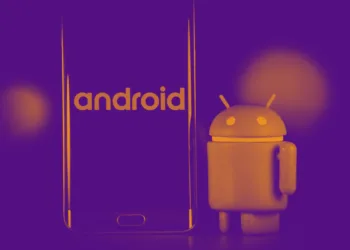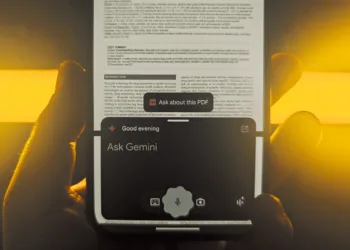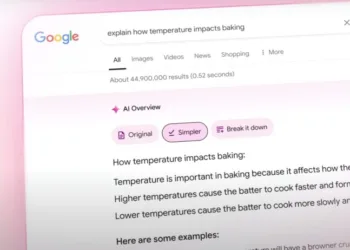This week, ChatGPT has launched yet another new search capability, which was revealed by the company on Thursday. Named ChatGPT Search, this feature is designed to provide real-time data from the internet directly in response to your queries.
ChatGPT Search seems to serve as OpenAI’s response to Perplexity while also signaling competition to Google.
According to the announcement, “You can receive quick, up-to-date answers along with links to relevant online sources, a function that previously required a search engine. This integration combines the advantages of a conversational interface with access to the latest sports updates, news, stock information, and more.”
This new chatbot feature will call upon its enhanced web search capabilities based on the nature of your questions, but it can also be activated manually by the user. OpenAI has teamed up with notable news and data organizations, which include The Associated Press, Financial Times, Vox Media, and others, to gather information on various topics such as weather, sports, current events, and finance. You can also expect fresh visual content specifically tailored to these subjects.

Taking cues from the issues surrounding Perplexity’s data scraping techniques, ChatGPT Search emphasizes transparency about its data sources. When providing responses, the AI will include links to the original sources, and a Source button will allow users to access all the references in a sidebar.
This feature is distinctly separate from the chat history search option that was introduced earlier in the week, which focuses on recalling and displaying information from previous chats without requiring internet access.
Interestingly, on the same day, Google also unveiled a similar feature for its Gemini platform called Grounding with Google Search.
You can start exploring the new ChatGPT Search feature today across the various OpenAI platforms, including the web interface and mobile or desktop applications. Users with ChatGPT Plus and Team memberships, along with those who signed up for the search feature waitlist, will have immediate access. Enterprise and university users are expected to gain access in the coming weeks, while free-tier users can look forward to its rollout over the next few months.









